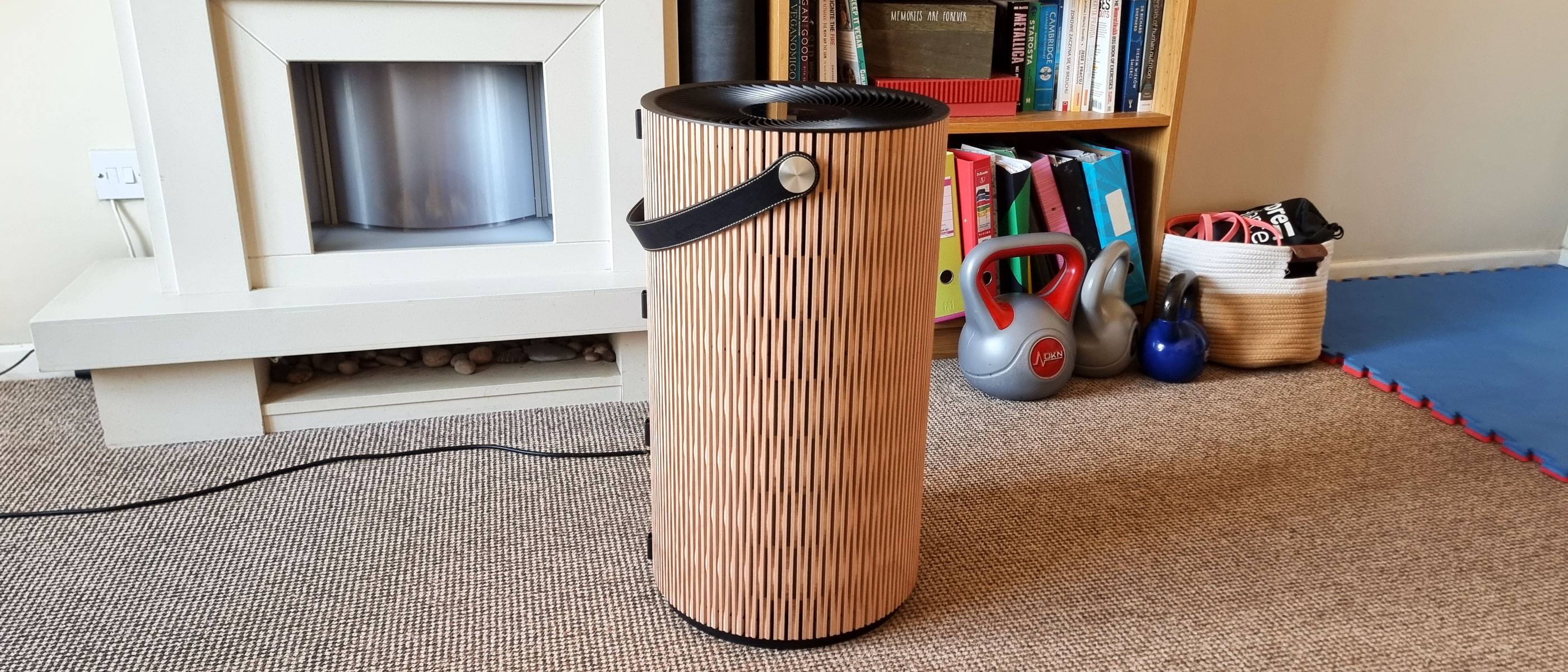Vaccines
Vaccines help protect people from diseases. They contain "weakened" or "dead" germs, such as viruses or bacteria, which stimulate the body's immune system in a manner that can prevent us from getting sick with harmful pathogens. Here's the latest science news on vaccines.Vaccines
Latest about vaccines

Vaccine denial sets Americans up for more chronic illness
By Janna K. Moen, Christine Miller published
Opinion Despite well-established links between pathogens and chronic illness, the U.S. government continues to weaken public health measures to treat and prevent infectious diseases — a strategy that will ultimately make Americans even sicker.

'DNA origami' could be key for making an effective HIV vaccine, early study hints
By Zunnash Khan published
A new vaccine design uses folded DNA to steer the immune system toward producing the rare immune cells needed to make protective antibodies against HIV.
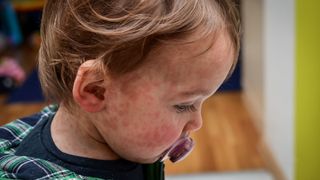
The UK has lost its measles elimination status — again
By Nicoletta Lanese published
Measles has been spreading continuously in the U.K. for over a year, meaning the country has lost its elimination status.
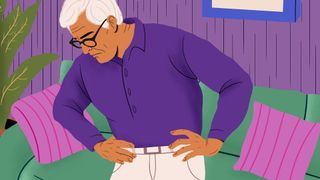
Aging and inflammation may not go hand in hand, study suggests
By Clarissa Brincat published
Declining immune responsiveness with age may be driven by changes in immune cells — not by inflammation, as previously thought.
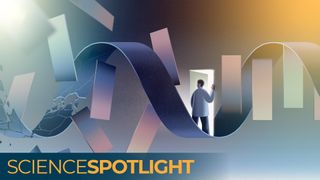
One molecule could usher revolutionary medicines for cancer, diabetes and genetic disease — but the US is turning its back on it
By Nicoletta Lanese published
The U.S. government is divesting from mRNA vaccines, but will other uses of the technology be spared? In a time of uncertainty, scientists worry that revolutionary treatments for cancer, immune dysfunction and genetic disease may be left on the lab bench.
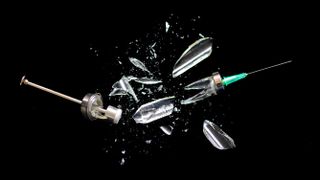
'This is a completely different level of anti-vaccine engagement than we've ever seen before,' says epidemiologist Dr. Seth Berkley
By Nicoletta Lanese published
Interview Epidemiologist Dr. Seth Berkley spoke to Live Science about the importance of vaccine equity and the obstacles undermining it, as well as the political challenges to vaccines being raised in the U.S.
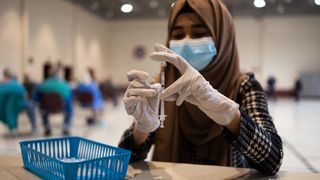
Future pandemics are a 'certainty' — and we must be better prepared to distribute vaccines equitably
By Dr. Seth Berkley published
Book Months before COVID-19 was declared a pandemic, efforts were already underway to ensure low-income countries would get access to future vaccines against the infection. The book "Fair Doses" tells that story and discusses the ongoing fight for vaccine equity around the world.
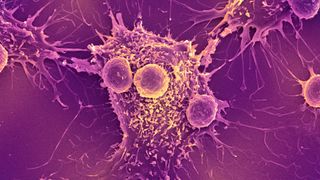
COVID-19 mRNA vaccines can trigger the immune system to recognize and kill cancer, research finds
By Adam Grippin, Christiano Marconi published
The researchers found that mRNA-based COVID-19 vaccines could potentially help patients whose tumors don’t respond well to traditional immunotherapy.

'Health impacts are being felt in real time': How the CDC is being decimated by the Trump administration
By Jordan Miller published
Opinion The CDC's current crisis has been building since Trump's first week in office and boiled over after Kennedy fired the agency's newly appointed director.
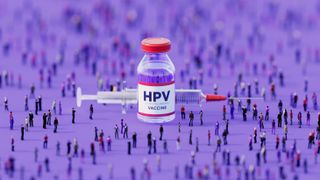
HPV vaccination drives cervical cancer rates down in both vaccinated and unvaccinated people
By Patrick Pester published
Researchers have found that human papillomavirus (HPV) vaccines are highly effective at reducing cervical cancer-causing infections and can offer herd immunity, reinforcing previous research and highlighting the need for a global HPV vaccine rollout.
Get the world’s most fascinating discoveries delivered straight to your inbox.
 Live Science Plus
Live Science Plus










